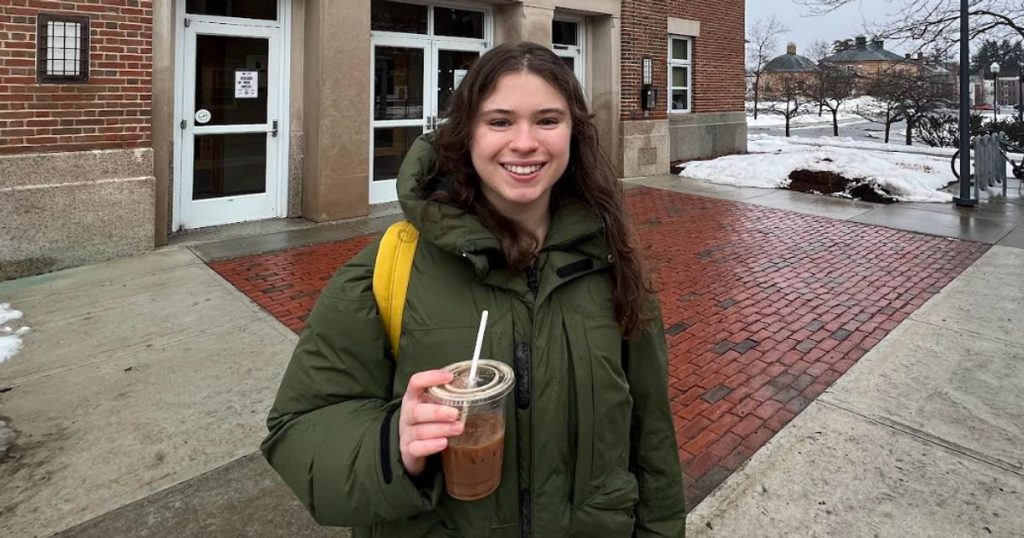Growing up, the author struggled with recognizing people and accepted it as a normal part of life. It wasn’t until ninth grade, when a psychologist mentioned prosopagnosia, or face blindness, that the author started to understand their difficulties. More than 10 million people in the U.S. may have trouble with facial recognition, with prosopagnosia falling into two categories: acquired and developmental. The author has developmental prosopagnosia, and through their diagnosis, discovered that other family members likely have it as well.
The author’s face blindness makes it challenging to recognize whole faces, even though individual features make sense. They have developed strategies to navigate the world, such as noting distinguishing characteristics and using them as reference points for identification. Many people with face blindness struggle to conjure images of faces in their minds, while visualizing other objects or scenes is easier. Despite the lack of treatment, those with prosopagnosia adapt by developing their own toolkit of techniques.
A lack of understanding about prosopagnosia can make it isolating and embarrassing for individuals who have it. While the author has found humor in their mistakes, they also feel isolated due to the lack of representation of the condition in media and the difficulty in finding relatable resources. The two days spent at Dartmouth College participating in a study on prosopagnosia was a transformative experience for the author, as it provided an opportunity to learn more about their condition and connect with others who share similar struggles.
The testing at Dartmouth confirmed the severity of the author’s prosopagnosia, and they found comfort in learning about other participants’ experiences with different forms of face blindness. Despite the challenges faced due to their condition, the author remains resilient and continues to find humor in the situations that arise from their face blindness. By sharing their story, the author hopes to raise awareness about prosopagnosia and provide insight into the daily struggles faced by those who have it. Ultimately, they believe that increased awareness and understanding of prosopagnosia could help reduce anxiety and improve interactions with others.
The author emphasizes that face blindness is a significant part of their identity and wishes for more representation and understanding of the condition. While the challenges of prosopagnosia can be isolating, the author believes that sharing their story can help others better understand the condition and foster more inclusive interactions. Through their writing, the author hopes to educate others about prosopagnosia and provide a glimpse into their experiences and coping mechanisms.


